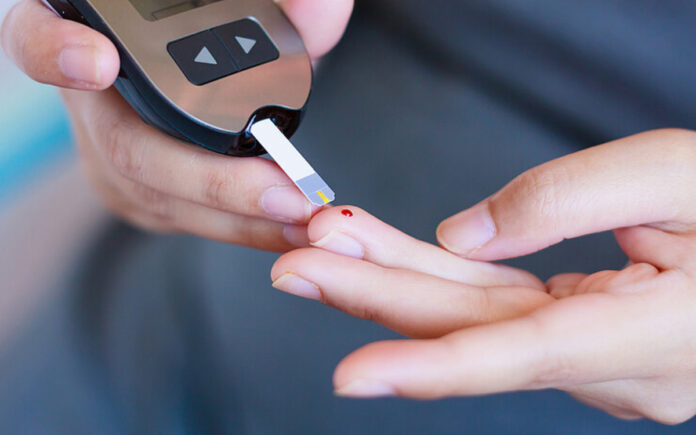London: A new study reveals that more than 800 million adults worldwide are living with diabetes – nearly double previous estimates – with over half of those aged 30 and above not receiving necessary treatment. The findings highlight a significant treatment gap, particularly in low- and middle-income countries.
According to the study, published in The Lancet, approximately 828 million people aged 18 and older had type 1 or type 2 diabetes in 2022. Among adults over 30, around 445 million, or 59%, were not receiving any form of treatment for the disease. This gap in care raises concerns about the risk of severe health complications for millions.
Earlier estimates from the World Health Organization (WHO) placed global diabetes cases at around 422 million. Diabetes is a chronic metabolic disorder that, if left untreated, can lead to severe complications affecting the heart, blood vessels, nerves, and other vital organs.
The study shows that the global diabetes rate has doubled since 1990, surging from about 7% to 14%. The sharp rise in cases is most notable in low- and middle-income countries, where access to treatment has seen minimal improvement. In contrast, higher-income countries have achieved better treatment coverage, further widening the treatment gap worldwide.
Also Read | In Rare Show of Unity, Trump and Biden Discuss Key Global Issues at White House
For instance, in parts of sub-Saharan Africa, only 5-10% of people estimated to have diabetes are receiving treatment, noted Professor Jean Claude Mbanya from the University of Yaoundé I in Cameroon. “A huge number [are] at risk of serious health complications,” Mbanya stated, emphasizing the high cost of diabetes medications, including insulin and other treatments.
Also Read | Visa Confirms EU Probe Into Retailer Fees, Cooperation with Regulators
Conducted by the NCD Risk Factor Collaboration and the WHO, this study is the first comprehensive global analysis covering diabetes rates and treatment availability across all countries. Based on data from over 1,000 studies involving more than 140 million people, the report underscores the urgency of addressing the diabetes epidemic and closing the treatment gap worldwide.



